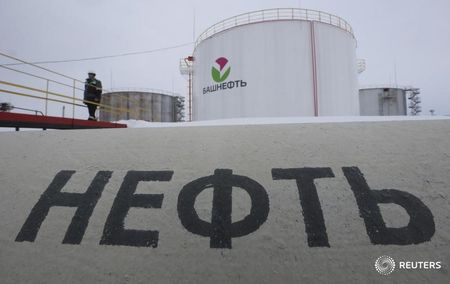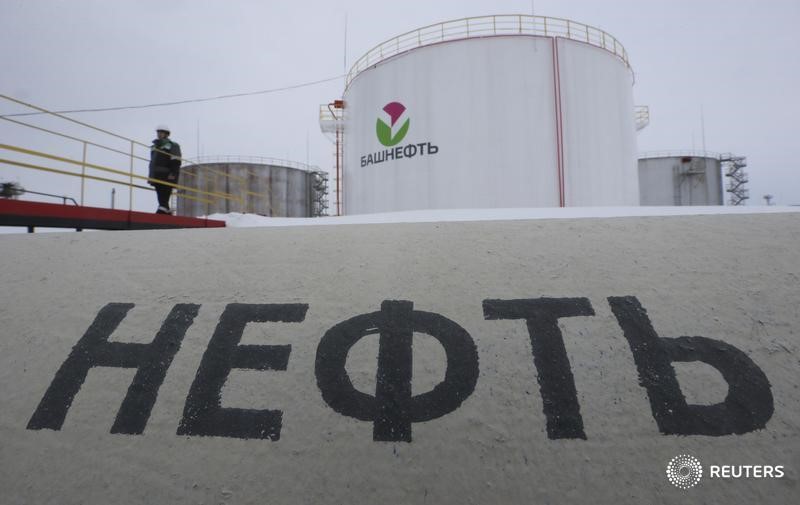
Investing.com — The wild swings in is unlikely to run out out of road anytime soon amid ongoing Middle East geopolitical tensions but the outlook remains “moderately constructive,” with Brent likely to mount a challenge above $60 a barrel in the coming weeks.
“The oil market is likely to stay volatile in the near term until we get more clarity on Israel’s targets and Iran’s potential response,” UBS said in a note on Thursday.
prices temporarily jumped above $80 per barrel following comments from U.S. President Joe Biden about potential targeting of Iranian oil facilities.
But more recent reports suggesting Israel might focus on military rather than oil targets, cooled the supply risk premium in Brent prices, sparking a move back below $75 per barrel.
But the positive backdrop of ongoing supply constraints and declining global oil inventories are likely to provide the impetus for oil prices to move higher, UBS says reiterating its forecast for Brent to move above $80 a barrel in the coming weeks.
“Global demand growth, despite suffering a pullback in China, continues to outpace supply growth as global oil inventories have been declining since June,” the analysts noted.
Global oil production rose by just 0.3% between December 2023 and August 2024, with the International Energy Agency (IEA) significantly reducing its 2024 global supply growth estimate from 1.25 million barrels per day, or mbpd in December to only 0.66 mbpd in October.
The tightening in supplies has been exacerbated by several factors including extended voluntary OPEC+ output cuts, slowing crude oil supply growth in the U.S. and Brazil, and production disruptions due to wildfires in North Dakota and hurricanes in the Gulf of Mexico.
Despite the weakness in China, a major oil consumer, global demand growth continues to “outpace supply growth as global oil inventories have been declining since June,” UBS said.
The macroeconomic backdrop could also lend a helping hand to oil prices, UBS suggests, as easing monetary policy measures by key central banks and fiscal stimulus in China potentially supporting economic and oil demand growth next year.
Looking ahead, OPEC+ members are expected to announce in early November whether they plan to extend voluntary production cuts beyond December.

